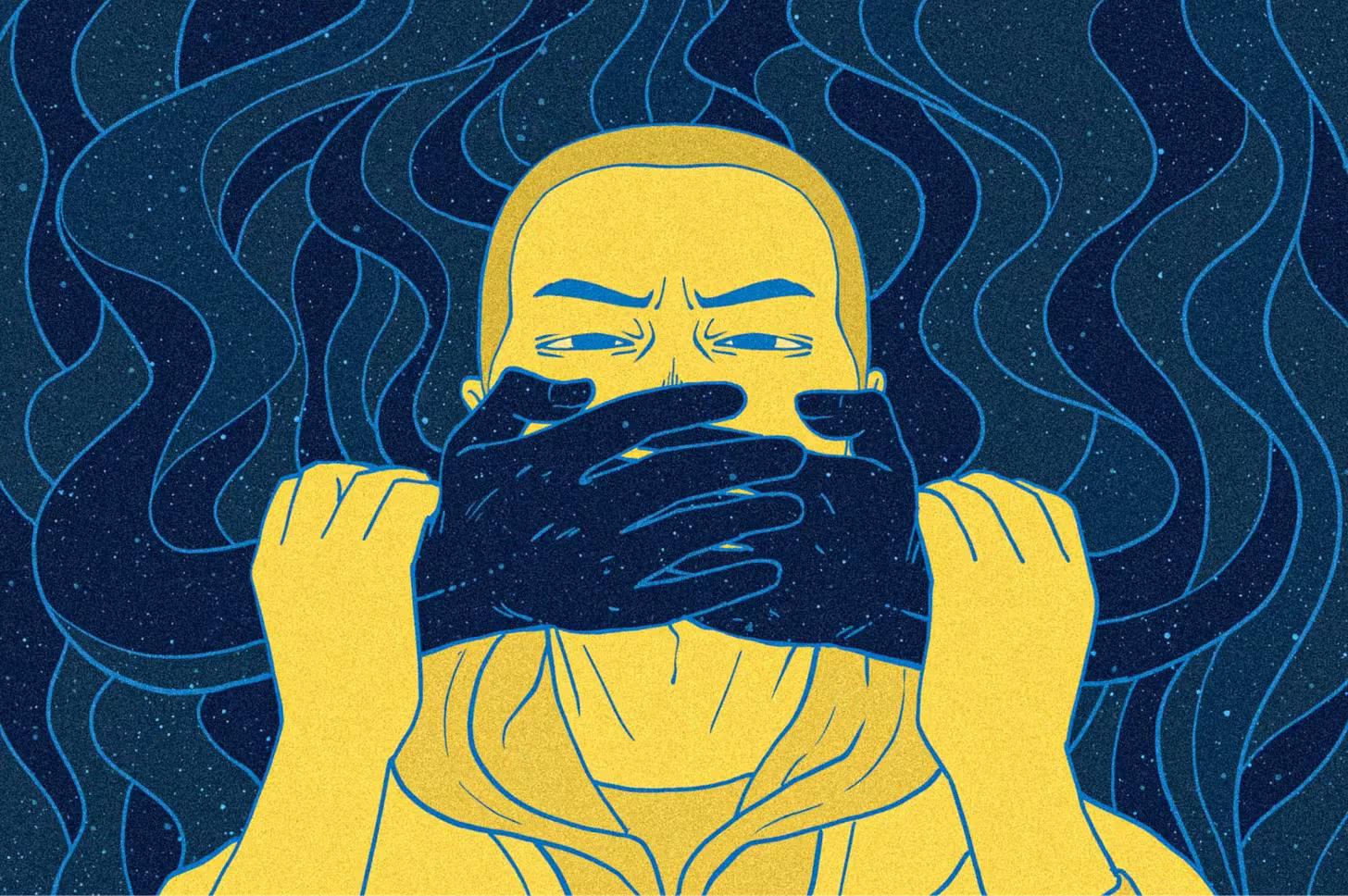Transnational repression is a growing problem in Canada. But government and civil society can take concrete steps to better protect targeted communities.
Subscribe at https://dpsorg.substack.com/
Transnational repression—when governments reach beyond their borders to coerce, intimidate, or harm critics and members of their diasporas—is a growing problem in Canada. As a multicultural country that is among the world’s most popular destinations for immigration and education, Canada is home to many diasporas that are at risk of being targeted by foreign governments.
Canada’s multicultural society and values make it well-suited to becoming a leader in confronting transnational repression. The Canadian government has taken steps to assume this mantle as president of the G7, as the group produced its first ever joint statement on transnational repression at the leaders’ summit that was held in Kananaskis, Alberta this June.
Digital Public Square recently concluded a project that sought to increase Canada’s resilience to transnational repression. As part of this project, DPS and DisinfoWatch consulted 25 activists from Chinese, Hong Kong, Taiwanese, Tibetan, and Uyghur diaspora communities to better understand how they have been impacted by transnational repression and what Canada can do to protect them.
Through these consultations, we identified three steps that governments and civil society in Canada can take to confront transnational repression.
1. Improve law enforcement reporting and communication
Through our consultations, we heard that victims of transnational repression often do not know whether they should contact local police, the RCMP, or CSIS to report an incident and receive law enforcement support. In some cases, victims have been told by local police to contact the RCMP and told by the RCMP to contact local police. After an incident is reported, there is often limited communication about the status of the case and if it is being pursued.
Specific training on transnational repression, increased linguistic and cultural support capacity, proactive communication, and a more clear and streamlined reporting process would improve victims’ confidence in law enforcement.
2. Offer broader social support to help rehabilitate victims
Victims of transnational repression often suffer mental health trauma and PTSD, or have had their reputations attacked by smear campaigns. Most government responses view transnational repression from a security or law enforcement lens, but victims would also benefit from broader social support.
Increasing victims’ access to mental health support, legal aid, settlement services, and community networks are some potential solutions. In addition to government initiatives, there are opportunities for civil society organizations to provide tailored support for victims of transnational repression in these areas.
3. Provide solutions for self-censorship
Fear of transnational repression leads many members of diasporas in Canada to avoid engaging with democracy and human rights issues. These activities can be as benign as expressing opinions on social media or attending in-person lectures and protests. As such, they do not engage in these activities to begin with, limiting their ability to exercise democratic rights and freedoms despite living in Canada.
To address this challenge, the Canadian government can make tailored outreach efforts to engage diaspora communities in democratic political processes. Universities can also develop accommodations for students who are uncomfortable speaking about sensitive political issues in classrooms to allow them to study and learn with greater security.
Recognizing the threat of transnational repression
Transnational repression is a pernicious challenge that cannot be fixed overnight. Responding to it requires a proactive and continual commitment that empowers Canadians to exercise their democratic rights and dissuades foreign governments from dangerous overreach. By recognizing the problem and exploring ways to confront it, Canadian governments and civil society can help build trust with targeted communities and co-create solutions.
For more information about Digital Public Square’s Foreign Interference Resilience & Education Initiative, visit our platform Dangers Without Borders.
For more findings from the community consultations, read our report PRC Foreign Interference and Transnational Repression in Canada: Insights from Vulnerable Diaspora Communities.
For information on steps to take to protect yourself from transnational repression, read our tip sheet Protecting Yourself & Your Community from Transnational Repression.

